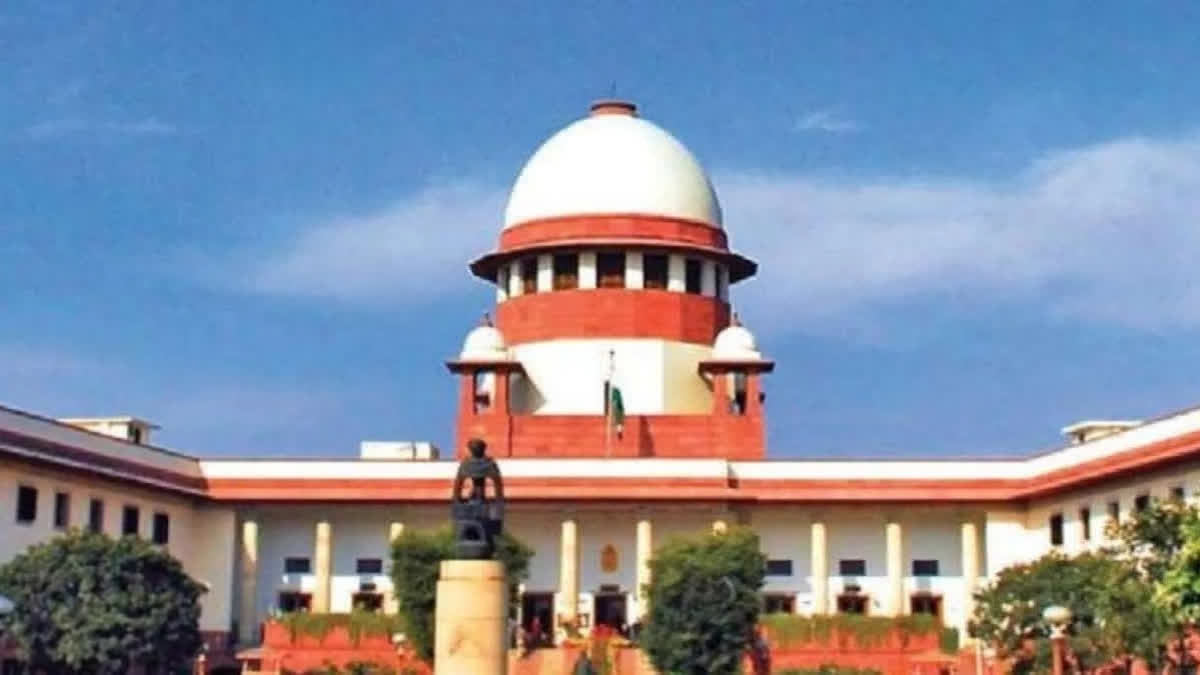New Delhi:The Supreme Court on Tuesday reserved its judgment on petitions challenging the constitutional validity of Section 6A, which was inserted in the Citizenship Act, 1955, following the signing of the Assam accord. A constitution bench headed by Chief Justice DY Chandrachud, also comprising Justices Surya Kant, M M Sundresh, J B Pardiwala and Manoj Misra, heard arguments from a batter of senior advocates -- Attorney General R Venkataramani, Solicitor General Tushar Mehta, senior advocates Shyam Divan, Kapil Sibal, Sanjay Hedge, C U Singh and others -- for four days before reserving its verdict.
Today, during the hearing, Mehta highlighted the progress on fencing the border in West Bengal and added that the Centre’s efforts were hindered due to West Bengal's non-cooperation. Mehta said the West Bengal government follows a far slower, more complex direct land purchase policy and even for national security purposes like border fencing, there is non-cooperation by the state government. “If the State of West Bengal cooperates in acquiring the land and hands over the land for fencing, the Central government will do so," Mehta submitted.
Mehta submitted before a court, “We have a porous border. They come clandestinely and therefore it is not possible to give an exact figure. It may not be an accurate figure. But, the situation is grim. I will not dispute the petitioners on that”.
Senior advocate Sanjay Hedge, representing one of the parties in the matter, contended that while on the western border, it was drawn, on the eastern border, it was kept fluid, and stressed that the Indian citizenship is not ethno-nationalist. He said it is not based on language, religion, or culture and also there is no superior or inferior citizenship based on the ancestry of any time.
Senior advocate CU Singh submitted that the petitioners were not merely seeking their rights, but were attempting to strip away the rights accrued to others over several decades, and emphasized that Section 6A, which allowed the determination of foreigners as per the Assam Accord, did not violate Article 14 of the Constitution.
Advocate Shadan Farasat, representing a party in the matter, acknowledging the importance of the right to culture contended that it should not be used to deny someone citizenship. Farasat raised concerns about the potential shift from civic nationalism to cultural nationalism when culture is elevated to the extent of denying citizenship.
